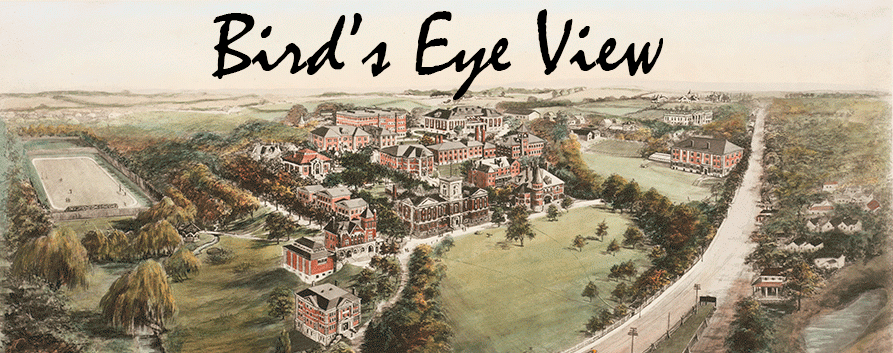Through the efforts of State Senator Georgia Davis Powers and Representative Mae Street Kidd in 1974, the Kentucky legislature passed legislation signed into law by Governor Wendell Ford recognizing King Day as a state holiday.
In 1975 Governor Julian Carroll declared the first King Day in Kentucky, but state employees were not given the day off.
President Ronald Reagan signed national legislation in 1983 creating the Martin Luther King, Jr. Holiday to go into effect in 1986. Reagan originally opposed the legislation citing cost concerns. Initially, several states ignored the holiday and not until 1991 was King Day recognized by all fifty states.
During January, 1986 the University of Kentucky and several community groups held a series of observances honoring the first national celebration of the King Holiday. Reverend Fred Shuttlesworth spoke Friday, January 17 in the King Library Gallery on "Reflections on the Civil Rights Movement and the Role of Martin Luther King, Jr."
Chester Grundy, director of the office of minority student affairs said of Shuttlesworth, "We feel really fortunate to have him on campus because he was a very close associate of King...one of his political confidants." Shuttlesworth, one of the founders of the Southern Christian Leadership Conference, had been instrumental in organizing ministers in Birmingham, Alabama after local officials outlawed the NAACP.
On Sunday, January 19, a march began in front of Memorial Coliseum that included 70 organizations including UK departments, student organizations, and community groups. An estimated 1,200 people marched in the snow from the Coliseum up Rose Street to Washington Avenue, across to South Limestone and back to the Coliseum.
At a program following the march in the Coliseum, Lexington Mayor Scotty Baesler read a proclamation naming January 19 Martin Luther King, Jr. Day in Fayette County. UK's Vice-Chancellor for Minority Affairs William C. Parker told the audience, that Dr. King "never stopped pursuing his ideas and never gave up on people--even his enemies."
For more UK history visit: https://exploreuk.uky.edu/

